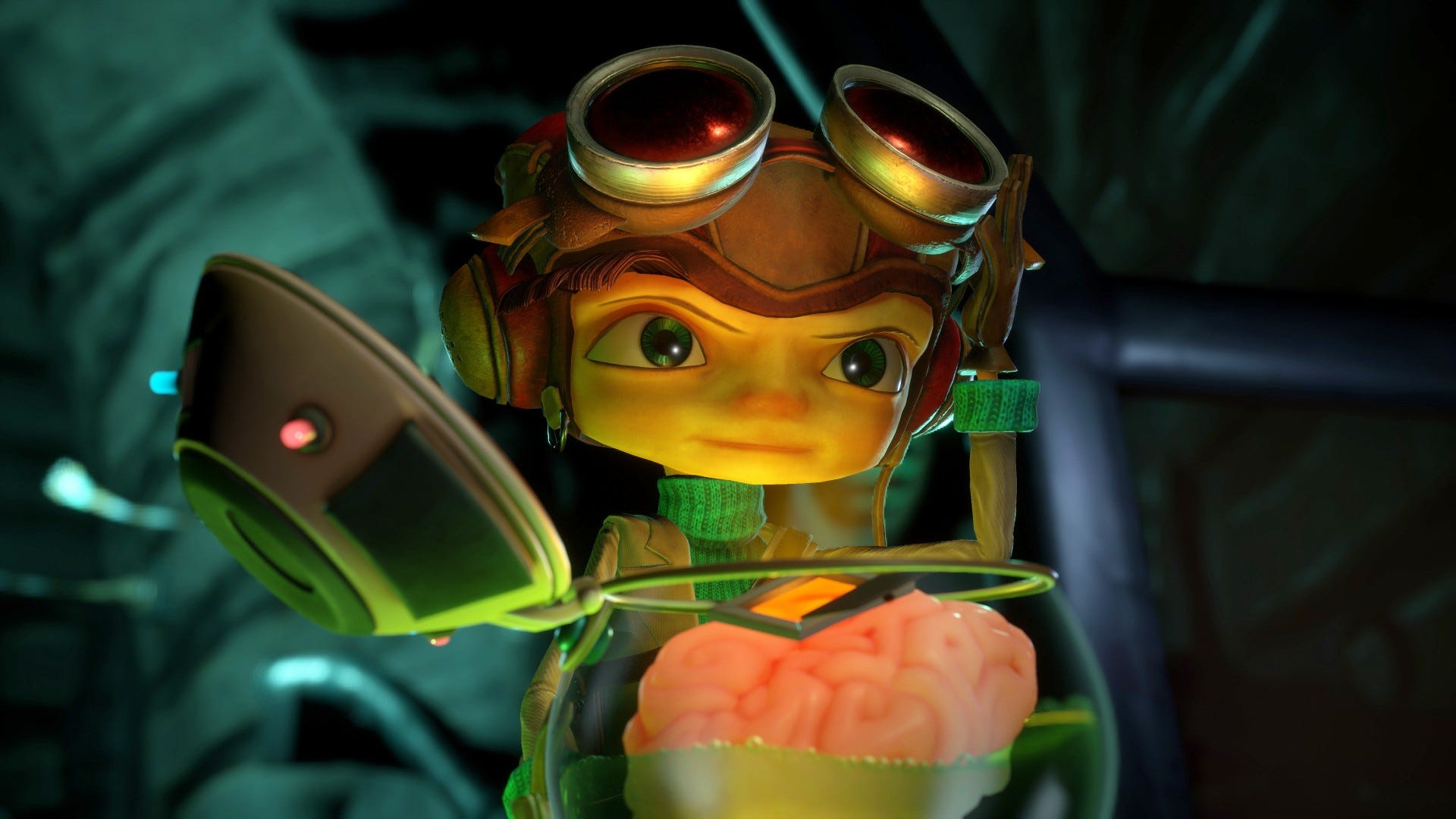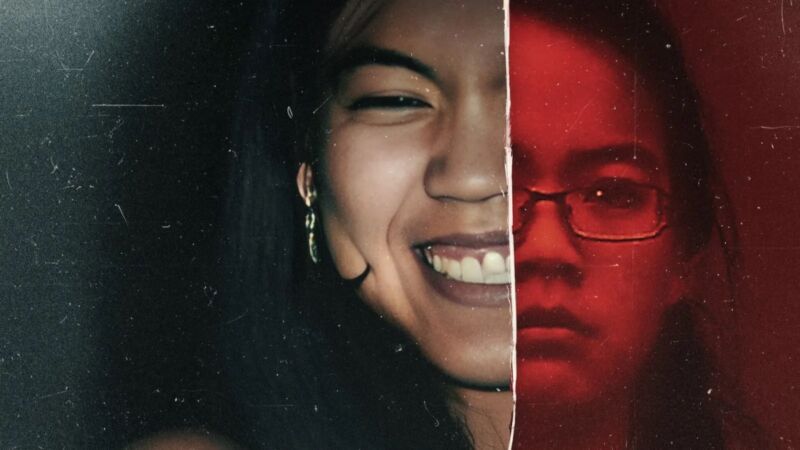Full disclosure as a matter of throat-clearing: I generally like BrewDog, a brewery based in the UK. Between really enjoying their beer in the past and the fact that the company underwent a concerted effort to change its previously draconian stance on IP issues, the company has just generally rubbed me the right way, so to speak.
But that doesn’t mean that the company isn’t capable of doing the stupid on occasion. And engaging in a prolonged battle with the BBC over a documentary that was critical of BrewDog management is certainly doing the stupid.
The documentary focused on BrewDog’s marketing strategy and commercial practices in the context of its corporate culture. The program aired in 2022 and included several accounts of Watt’s alleged misconduct toward female employees and accounts of a toxic work culture. Many people found the details about the BrewDog CEO’s investments in Heinken rather hypocritical considering Watt’s supposed negative stance toward big beer and the brand’s identity being tied to “punk.”
So, not flattering, obviously, but certainly also not the sort of thing that a company couldn’t weather. In fact, this comment from a BrewDog spokesperson is quite good.
“The BBC still needs to explain why it lied about using a proven fraudster as a key source, before being forced to admit the truth when presented with evidence to the contrary.
“Since this program aired, BrewDog has created nearly 1000 jobs, opened many bars in some of the toughest trading conditions ever and been included in the Sunday Times Best Places to Work as well as named a Top Employer by the Top Employer Institute.”
And if all of that is valid, it would be an appropriate response to the documentary. In fact, that’s exactly the sort of thing a spokesperson is useful for.
But what I’ve left out of all of this is that this has all been made bigger news as a result of BrewDog taking its complaints not only to the press via a press release, but also to the Office of Communications in the UK (Ofcom), where it lodged a complaint for unfair treatment and invasion of privacy. The unfair treatment revolves around BrewDog’s claims that it was not fairly represented in the documentary. The invasion of privacy has to do with content within the documentary as to how Watt’s handled his own investments.
And it’s now back in the news because Ofcom decided that those complaints were not valid.
A complaint was made to Ofcom that BrewDog and Mr Watt (“the complainants”) were treated unjustly or unfairly in the programme as broadcast, and that Mr Watt’s privacy was unwarrantably infringed in both the obtaining and broadcast of material included in the programme relating to his personal investments.
Ofcom’s decision is that material facts were not presented, disregarded or omitted in a way that was unfair to the complainants, that they had an appropriate and timely opportunity to respond to the allegations made in the programme, and that their response was fairly reflected in the programme.
Ofcom also considered that Mr Watt had a legitimate expectation of privacy with regard to the obtaining and subsequent broadcast of material concerning Mr Watt’s personal investments. However, Mr Watt’s legitimate expectation of privacy did not, on balance, outweigh the broadcaster’s right to freedom of expression and the public interest in obtaining and including the material in the programme. Therefore, there was no unwarranted infringement of Mr Watt’s privacy in connection with the obtaining and subsequent broadcast of the material included in the programme.
And with that, you can see that the only prize BrewDog has received for its valiant attempt to go legal over a documentary filled with protected speech is having that documentary cycled through the news years after it first aired while getting a public pantsing by Ofcom that lends that documentary even more credibility.
At this point, BrewDog’s act of contrition should be to make a limited release beer branded as Brewstrand Effect.


